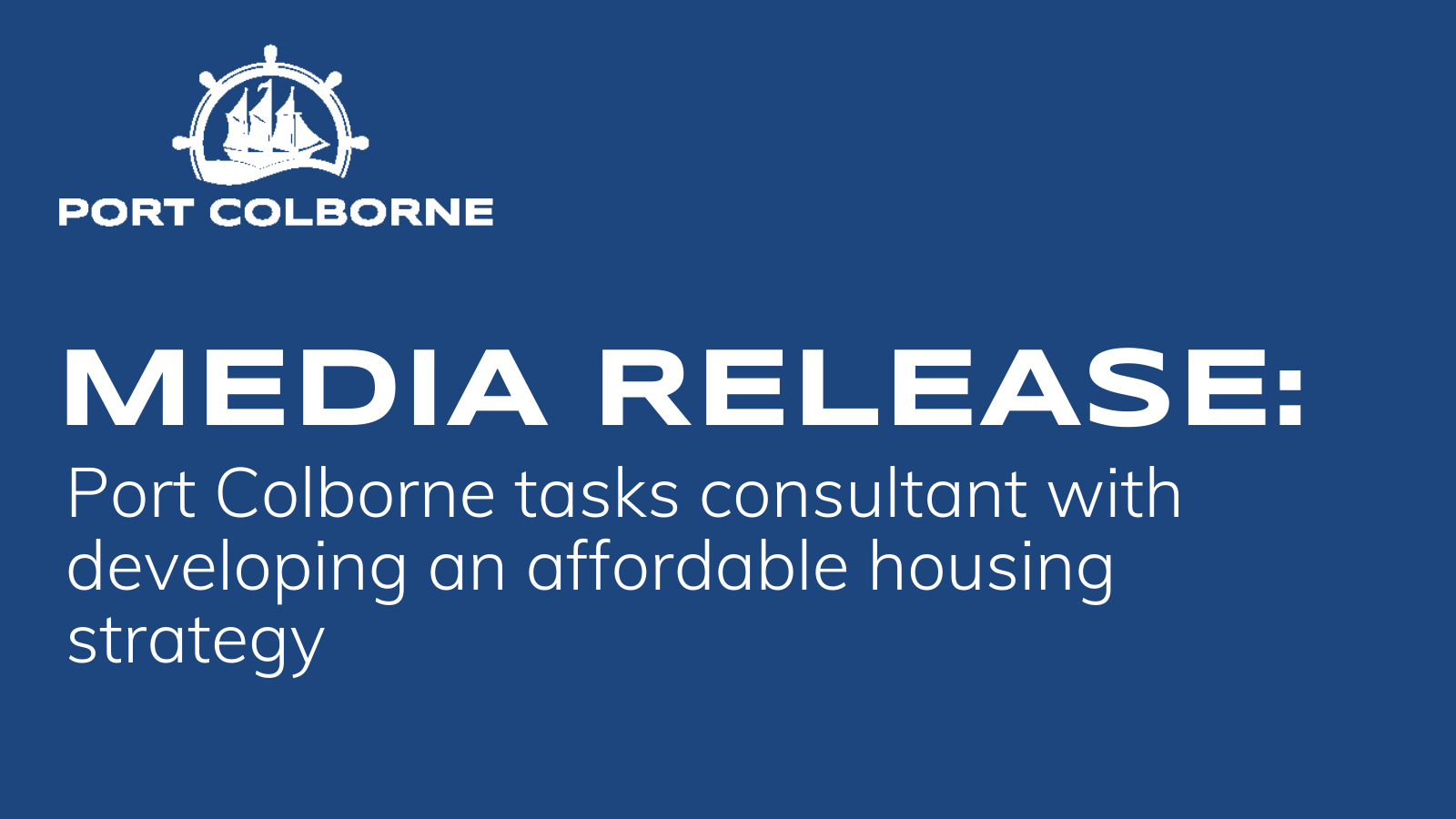
Port Colborne council has hired a consultant to develop a strategy that will look at improving access to affordable housing for new and existing residents.
The city assembled a team of staff from different departments to review proposals and select the most capable consulting firm. Staff’s recommendation in report 2022-30 to have Tim Welch Consulting complete the work was presented and accepted by council at their meeting last night.
The action-oriented, ten-year strategy will task the Cambridge-based consultant with analyzing available data to understand the current housing situation in Port Colborne. Housing types can range from options like emergency shelters to market value homes. Although the Niagara Region is the service manager responsible for coordinating homelessness support services and prevention, lower-tier municipalities have a role to play in identifying gaps across the entire housing continuum. A focus on groups with the greatest need for affordable housing, like seniors, newcomers to Canada, single-parent households, young adults, and Indigenous peoples, will set out to make Port Colborne a more inclusive community.
“Council sees this affordable housing strategy as a tool to create supportive policies and incentive programs that will attract private sector investment and strategic partnerships with local non-profit organizations,” said Mayor Bill Steele. “The city’s memorandum of understanding with Port Cares is a great example of what can be accomplished through collective effort and collaboration.”
According to timelines outlined in the consultant’s proposal, the project will start in late February and end with a final report and presentation in August. “The first batch of data from the 2021 census shows that our population grew by over nine percent, and we expect that trend to continue,” said Gary Long, manager of strategic initiatives. “Innovative approaches are needed to accommodate population growth while at the same time supporting a vibrant, livable and economically sustainable Port Colborne.”
Part of the consultant’s methodology will include conducting public consultations and interviews with key stakeholders. Residents who have experienced housing issues will have the opportunity to share their perspectives and offer input that will form part of the final implementation plan.










